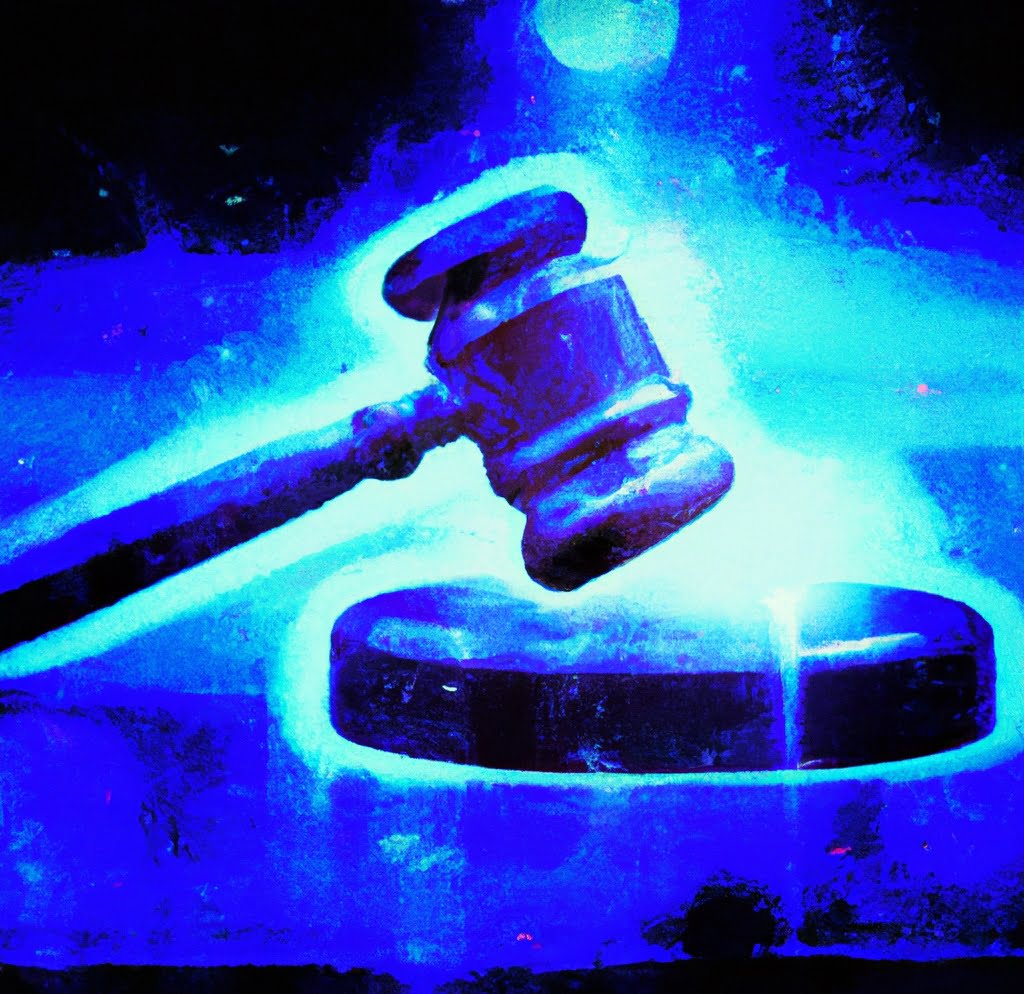Contested Hearings

At contested hearings in the Magistrates’ Court, a Magistrate will decide whether an accused is guilty or not guilty of a crime. Such hearings take place when accused individuals dispute allegations of unlawful conduct as outlined in the charges made against them. In a contested hearing, a magistrate is expected to examine disputes thoroughly to determine whether the admissible evidence adduces facts that support the charges beyond reasonable doubt.
What rights are there at a contested hearing?
During this formal process, both prosecution and the defence have the right to present arguments and evidence. Proceedings start with the prosecution outlining a short summary of alleged events, with defence usually given a short reply so that Magistrates’ can understand what the dispute is about.
Are witnesses called?
Witnesses supporting the prosecution will them give evidence under oath. Lawyers for the accused then cross-examine these witnesses to test reliability, consistency, and truthfulness.
What does the defence do at contested hearings?
Afterward, the defence makes its case at the contested hearings. At this juncture, the accused has a number of options. They may choose to make a submission of no case to answer. Alternatively, they can call evidence from their own witnesses, or the accused can choose to testify. Calling evidence does have a danger in the sense that it gives the prosecution an opportunity to cross-examine defense witnesses and expose contradictions or inaccuracies.
Can the Magistrate ask questions?
Throughout the contested hearings, the Magistrate ensures adherence to rules governing evidence and fairness. They do not have to act like a sphinx, and may ask questions or seek clarifications directly from witnesses when necessary, and may indicate their preliminary view as to how the case is unfolding.
How does it end?
Once all evidence has been led, the prosecution and defence can give a brief closing of their respective positions, focusing on key evidence, arguments, and legal principles. The magistrate evaluates all submissions, including witness credibility, documentary evidence, and legal reasoning. After careful consideration, the magistrate delivers a verdict. If found guilty, the matter be adjourned to a plea hearing for sentence. Otherwise, the accused is free to leave court.